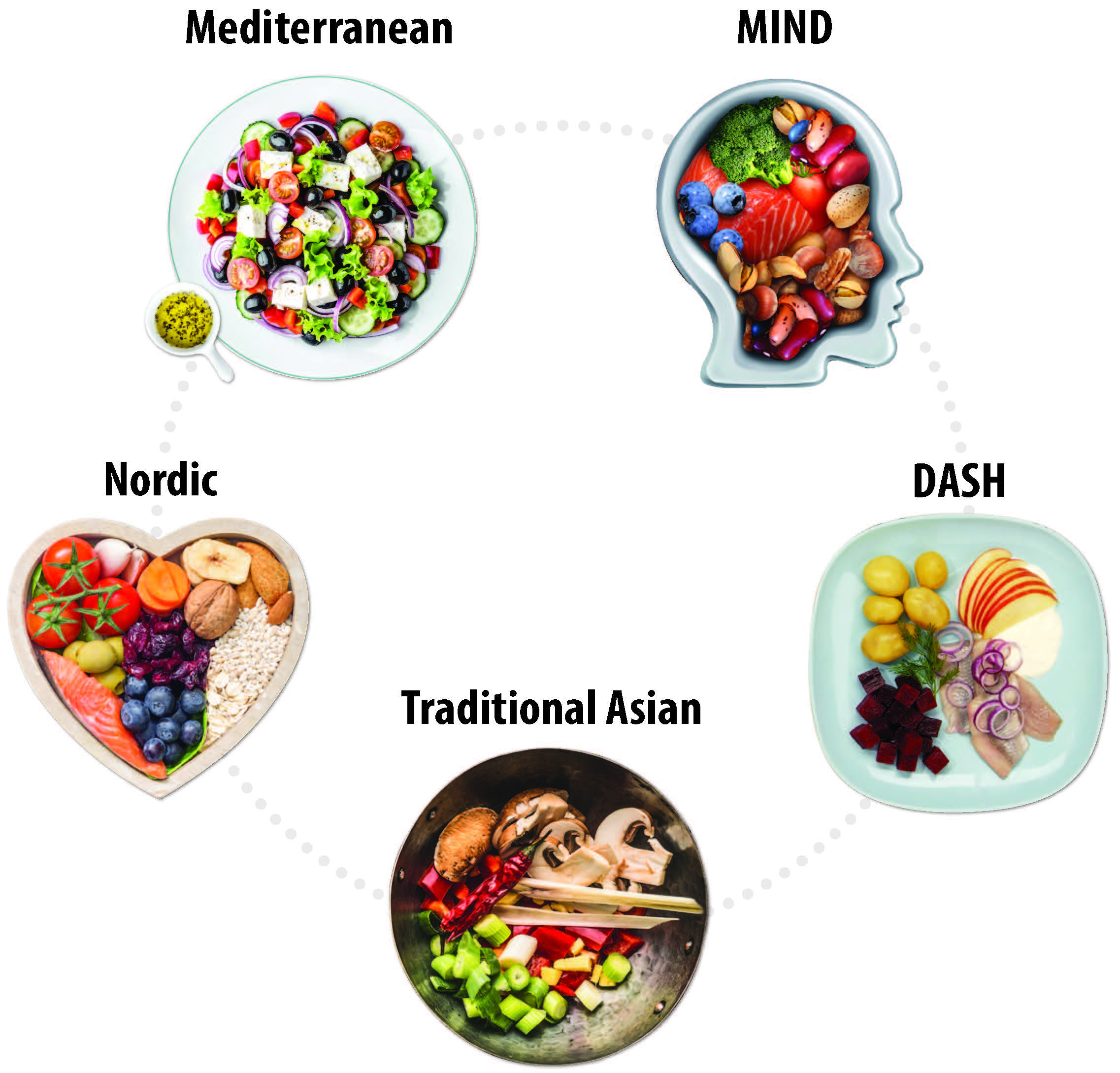Aramis Shop: Your Hub for Stylish Living
Discover the latest trends in home decor, fashion, and lifestyle at Aramis Shop.
Ditching Diet Myths: What's Really on Your Plate?
Uncover the truth behind diet myths and discover what's really on your plate. Transform your eating habits today!
Debunking the Top 5 Diet Myths: What You Need to Know
In the world of nutrition, misinformation can spread like wildfire, leading many to adopt ineffective or even harmful diets. To help clear up the confusion, we are debunking the top five diet myths that persist in popular culture. First, the belief that cutting all carbohydrates is necessary for weight loss is a major misconception. In reality, your body needs carbohydrates for energy, and opting for whole grains, fruits, and vegetables can provide essential nutrients while still aiding in fat loss.
Another prevalent myth is that eating fat makes you gain weight. This is misleading; healthy fats, such as those found in avocados, nuts, and olive oil, can actually promote satiety and support weight management. Additionally, the idea that all calories are equal is oversimplified. The source of those calories matters—calories from whole foods provide nutrients that highly processed foods lack, impacting overall health. Understanding these myths is vital for anyone looking to make informed dietary choices.

What's Really on Your Plate? Understanding Food Labels and Nutritional Value
Understanding food labels is crucial for making informed choices about what we consume. When you pick up a product, the label serves as a compact summary of its contents, providing essential information such as ingredients, portion size, and nutritional value. One of the first things to look for is the Nutrition Facts panel, which outlines key information such as calories, fats, carbohydrates, protein, and essential vitamins and minerals. It's particularly important to pay attention to serving sizes, as they can be misleading; many people inadvertently consume multiple servings in one sitting.
Additionally, scanning the ingredients list gives insight into the quality of the product. Ingredients are listed in descending order by weight, meaning the first few ingredients comprise the bulk of what you're eating. To make healthier choices, aim for products with shorter, recognizable ingredient lists. Furthermore, understanding terms such as 'organic,' 'free-range,' or 'whole grain' can also influence the perceived nutritional value of the food on your plate. By decoding these labels, you empower yourself to make better dietary decisions that can positively impact your health.
Are Carbs Your Enemy? The Truth Behind Popular Diet Misconceptions
When it comes to nutrition, carbohydrates often get a bad rap, leading many to believe they are the enemy in the quest for a healthy lifestyle. This misconception is largely fueled by trending diets that demonize carbs, promoting the idea that cutting them out will lead to rapid weight loss. However, it's essential to differentiate between simple and complex carbohydrates. While processed sugars found in sweets and white bread can spike blood sugar levels, complex carbs from whole grains, fruits, and vegetables provide essential energy and nutrients that our bodies need to function effectively.
Moreover, the notion that eliminating carbs completely is a sustainable solution is misleading. Nutritional experts emphasize the importance of balance and moderation, suggesting that a well-rounded diet includes healthy carbohydrates that play a vital role in fueling physical activity and cognitive function. Instead of viewing carbs as your enemy, consider embracing them as a part of a diverse diet. By making smart choices—such as opting for whole grains, legumes, and fibrous fruits—individuals can enjoy the benefits of carbohydrates without compromising their health goals.